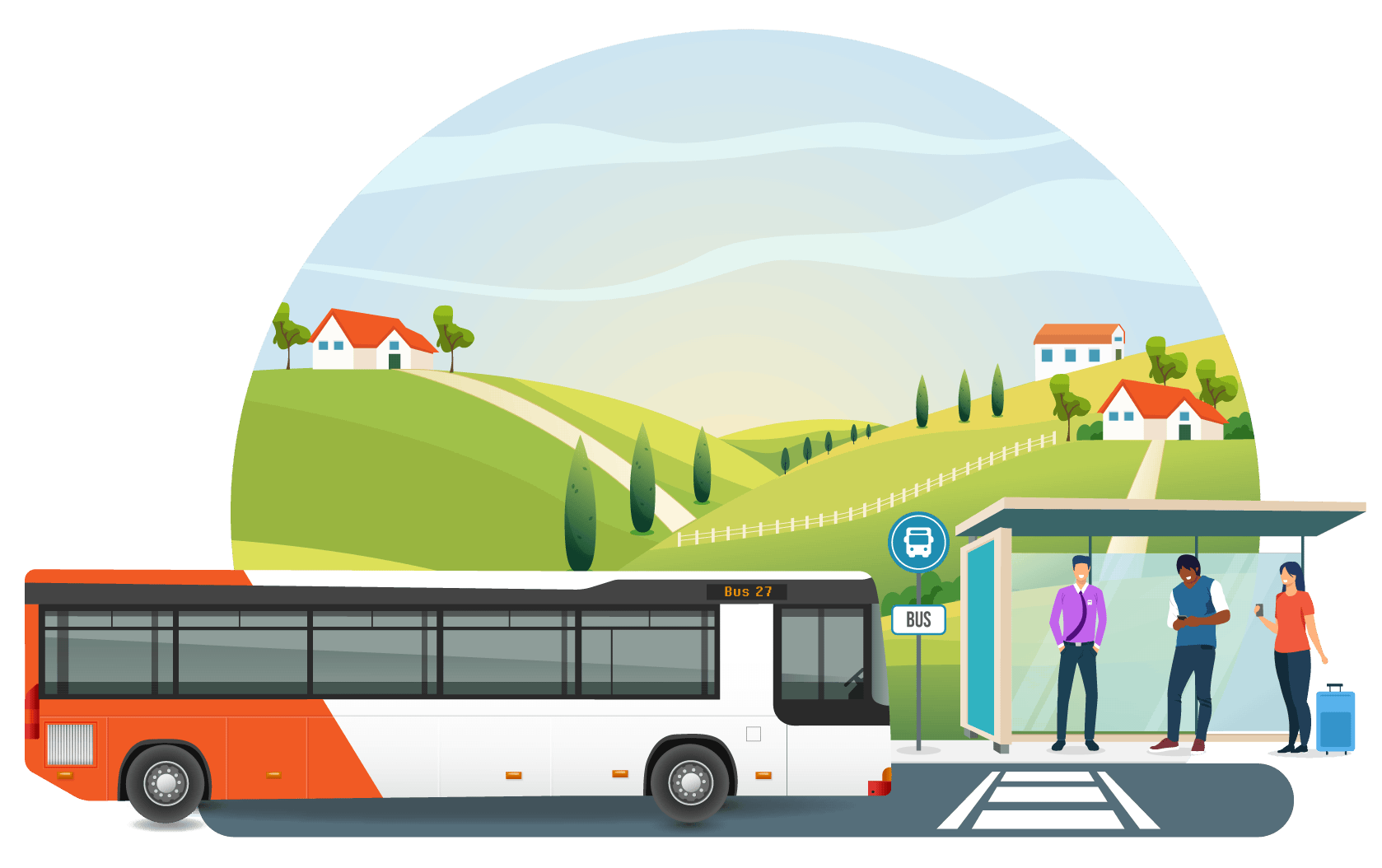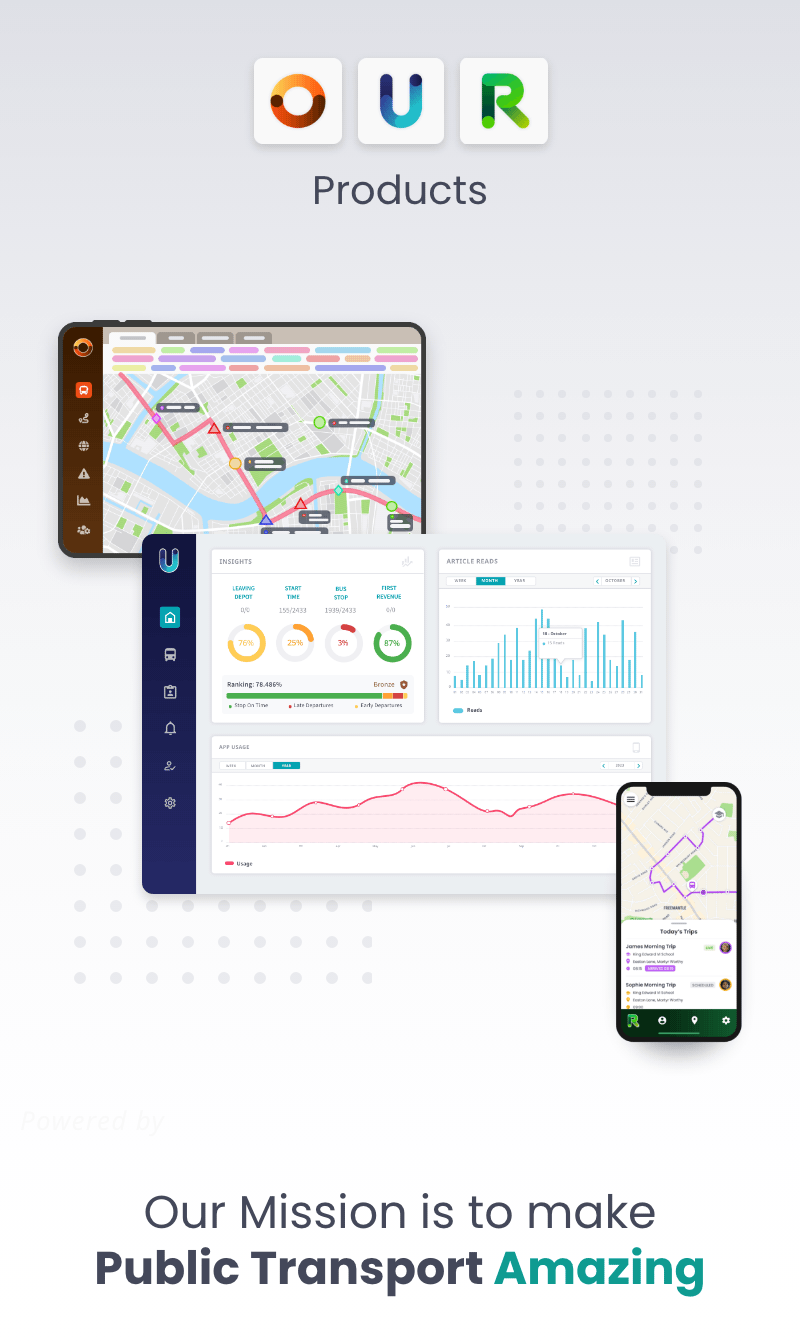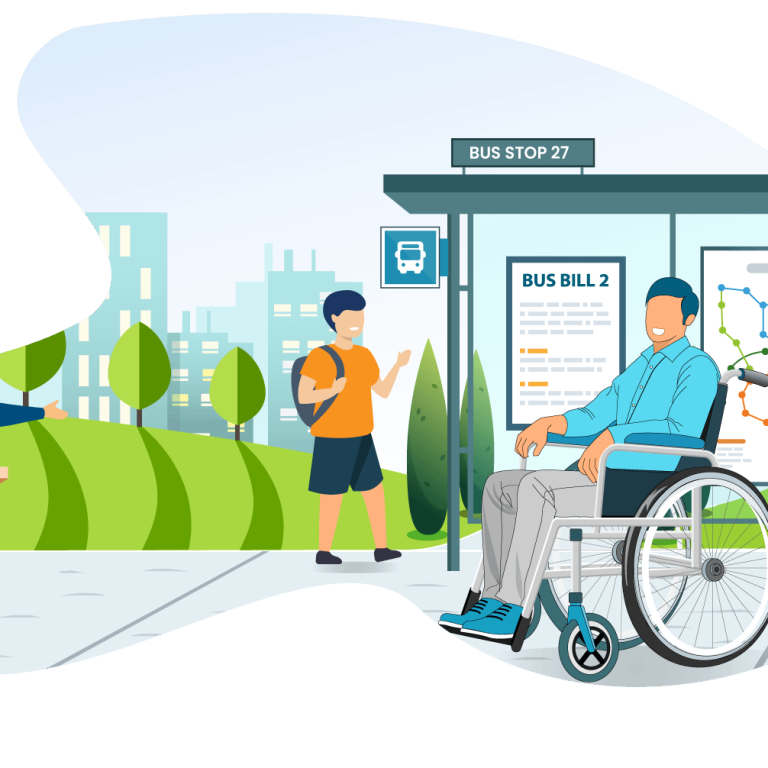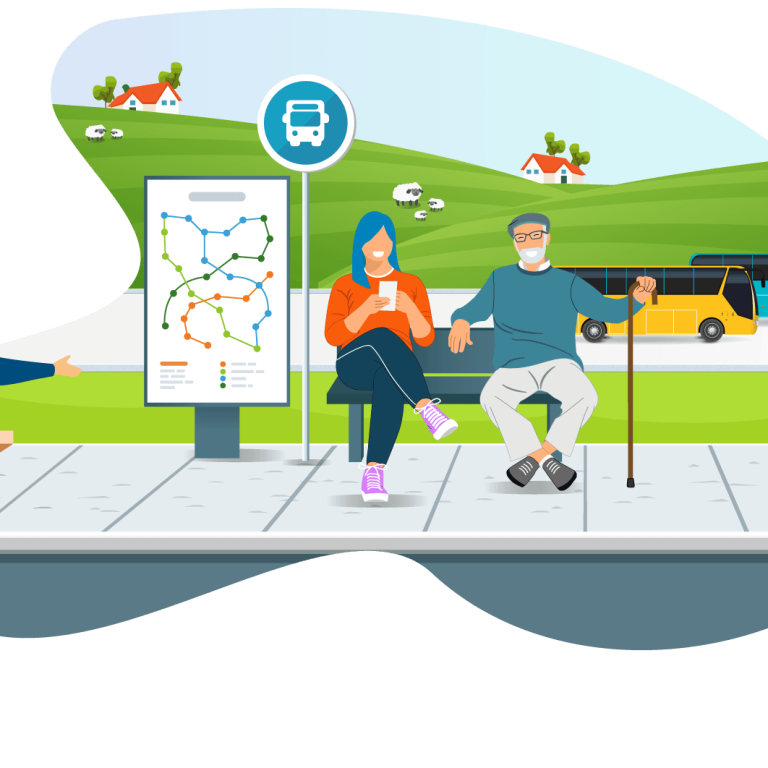A recent report about car journeys decreasing since COVID suggested that one of the reasons why car journeys have decreased is that bus patronage has increased by 8% recently, partly as a result of the £2.00 capped fare introduced by the then Prime Minister, Boris Johnson. If so, that would validate the decision to encourage public transport usage, especially by car drivers. Although a small percentage of car drivers may have been persuaded to use the bus more often, the reality is that it is vulnerable people across the UK who are most likely to be increasingly using bus services.
The reality is that in rural areas, especially where bus services have declined by 30% over the last decade, the most vulnerable have suffered from isolation and social deprivation, exacerbating social problems like unemployment and mental health issues. Therefore, it is quite clear that the solution lies in political intervention and, more importantly, financial support. The simple truth is that if bus use is to be cultivated, it must form a key part of the plan to transition to a low-carbon economy. The truth is that if we are to make this a reality, then local authorities need to be looking at the range of powers at their disposal, including quality partnerships and regulation through quality contracts, so that they can find solutions that meet the needs of their local communities.
Whatever system is selected, unless it is properly funded and carried out in partnership with key stakeholders who influence local initiatives – like bus lanes and expensive car park charges to encourage more bus use – it will not succeed. The reality is that in areas of the UK where these partnerships have been introduced, such as Leicester, Nottingham, Reading, Brighton, etc., the bus template works very well, with both significant increases in patronage and high-calibre bus networks, including enhanced late-night and weekend services. When it works well, it creates a virtuous cycle of improvement, with bus companies working in harmony to deliver quality and reliable services at a competitive price. They also invest in greener and cleaner fleets, which can only be a positive step in the ongoing battle against climate change.
It would be fair to say that in some parts of the country, local politicians appear to be out of touch with the benefits of bus usage and do not appreciate the social value of buses. The reality is that buses matter and therefore must be given the political importance and funding they deserve. Investigations have identified the most vulnerable social groups who are most dependent on the bus; these include younger people, older people, people on low incomes, jobseekers, local businesses, disabled people, and, of course, those living in rural communities. The truth is that the humble bus plays a key role in linking different kinds of public transport, from train, tram, and taxi to cycling and walking, meaning that, in essence, good door-to-door public transport cannot happen without the bus.
We realised some years ago at uTrack that we have a key part to play in this essential journey. By developing state-of-the-art technology, we are part of the jigsaw that can help deliver better passenger information and make using the bus even easier. It is a mission that every single person employed by uTrack is fully committed to, and always will be.

Written by Austin Birks






